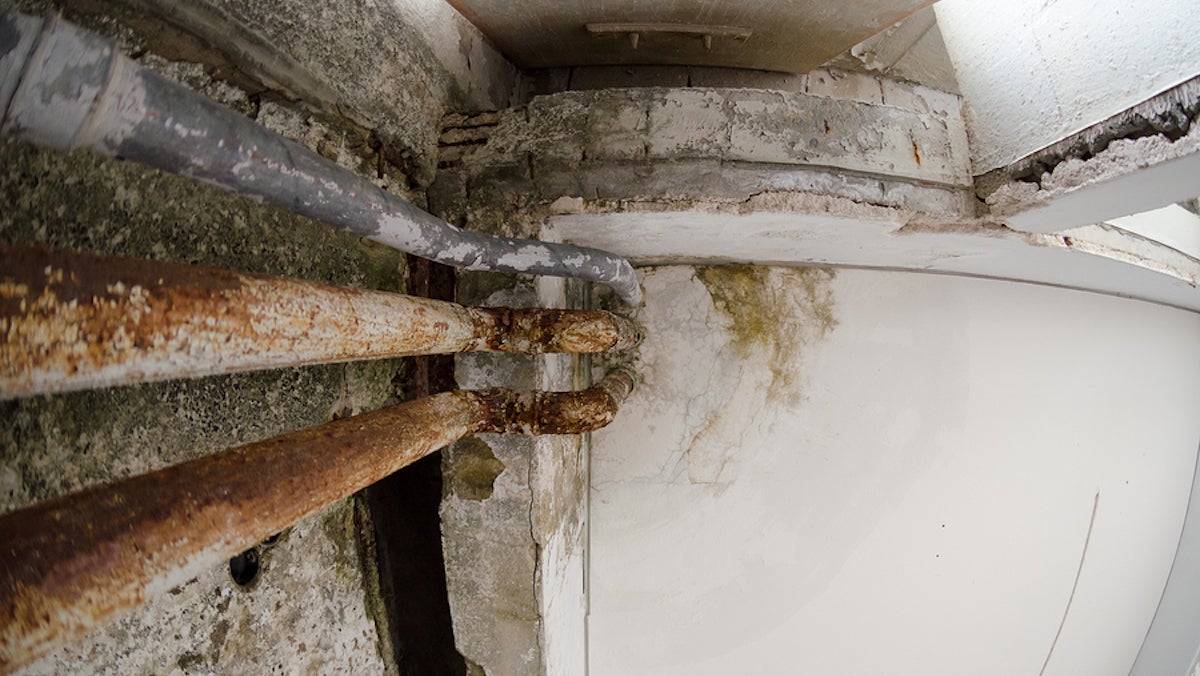As N.J. loses billions of gallons of drinking water annually, lawmakers consider remedy

Gov. Phil Murphy says it’s time to do something about New Jersey’s aging water infrastructure, but calls it a national problem that "requires a national solution."(John_Vlahidis/BigStock)
A bill advancing in New Jersey’s Legislature would require water companies to determine how much water is lost because of leaks and breaks in aging pipes every year.
Natural Resources Defense Council attorney Larry Levin told an Assembly committee Tuesday such audits can guide efforts to control water loss.
“There are 130 million gallons of treated drinking water we estimate lost each day across the state,” he said. “And, of that, about 50 million gallons per day valued at $10 million a year are likely to be cost effective for utilities to reduce to solve that loss.”
Similar measures in other states have made a difference, said George Kunkel, an independent consultant and former executive with the Philadelphia Water Department.
“In my time in Philadelphia, where we pioneered these approaches for over 20 years, there were considerable savings garnered by doing the audit and using the data from the audit to guide and structure loss control programs,” he said.
New Jersey Sierra Club director Jeff Tittel said he favors a more aggressive approach that would require suppliers to fix problems where the biggest water losses are occurring.
“I think it needs to be tied to actually a planning process and then a funding mechanism, either a set-aside by the utilities or others, to start moving that forward,” Tittel said.
Assemblyman John McKeon, a member of the legislative task force that’s studying the state’s drinking water infrastructure, said the water loss from aging pipes is astounding.
“Ten to 15 percent of leakage you expect because they’re a pressured system. That’s a good thing, because it keeps the bad stuff from leaching in if it’s pressurized,” said McKeon, D-Bergen. “But we’re at 30 percent and really something has to be done. It is time for action. All it takes is money.”
Advocates estimate about $8 billion in water system improvements are needed in the state over the next 20 years.
WHYY is your source for fact-based, in-depth journalism and information. As a nonprofit organization, we rely on financial support from readers like you. Please give today.




